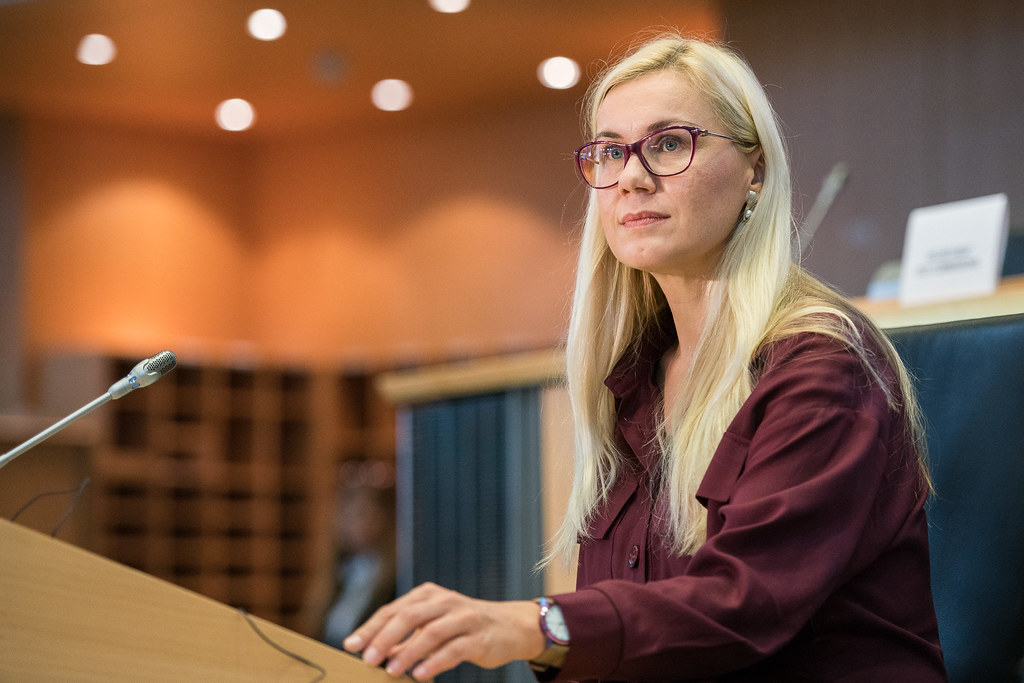All the divisions between EU states on gas and energy prices

Europe is split on energy: on the one hand there is the group headed by Spain and France that wants a profound reform of the electricity market; on the other, the opposing coalition of Germany and Luxembourg. All the details
The extraordinary summit of the energy ministers of the member states of the European Union ended yesterday with a substantial stalemate. Nothing was decided, that is, regarding medium-long term policies to stem future hikes in energy prices: today the crisis mainly concerns natural gas (at record levels due to a combination of various factors ) and electricity ( because it is often generated starting from the first).
TWO OPPOSING BLOCKS
The failure to reach a valid agreement at Community level, as announced by the Slovenian Minister Jernej Vrtovec, is the consequence of internal divisions within the Union. Spain, France , Greece and the Czech Republic were calling for a profound reform of the functioning of the European energy market: to date, the most expensive primary source is the one that sets the wholesale price of electricity, in short. Madrid and Paris, in particular, are in favor of a decoupling of electricity and gas prices.
To oppose the group's proposal, Il Sole 24 Ore pointed out, there was a bloc of nine states – Austria, Denmark, Estonia, Finland, Germany, Ireland, Latvia, Luxembourg and the Netherlands – concerned about the implications of a reform of the energy market: they think that the price crisis is temporary, short-term, and that therefore the answer should not include structural changes with long-term effects. Germany is particularly sensitive on this point: it is not only the largest economy in Europe, but also the largest market for electricity, and it doesn't want any jolts.
The coalition of nine countries proposes to proceed with a more rapid deployment of renewable sources, in order to reduce dependence on gas, and with the strengthening of electrical interconnections between states.
THE COMMON STRATEGIC RESERVE OF GAS
However, the European Commission is carrying out an analysis of the structure of the common electricity market, as well as evaluating the pros and cons of a common strategic gas reserve , which can be drawn on in times of crisis. Spain is still pushing for its establishment, supported by Italy and the French company TotalEnergies (formerly Total); Germany and Luxembourg, on the other hand, are not interested.
Energy Commissioner Kadri Simson said the proposal raises many questions to consider: "who will pay the gas procurement and storage costs, how the gas will be transported from the different regions."
From January to September, European gas prices rose by more than 250 percent.
THE ATTACK OF LUXEMBOURG
The Luxembourg energy minister said Madrid is exaggerating in saying that "joint gas supply will solve the crisis" in prices. "What will solve the crisis," he said, "is investment in [energy] efficiency, continuing with reliable investments in renewables and what Spain needs most are interconnections."
This is a machine translation from Italian language of a post published on Start Magazine at the URL https://www.startmag.it/energia/tutte-le-divisioni-fra-stati-ue-su-gas-e-prezzi-energetici/ on Wed, 27 Oct 2021 08:23:14 +0000.
